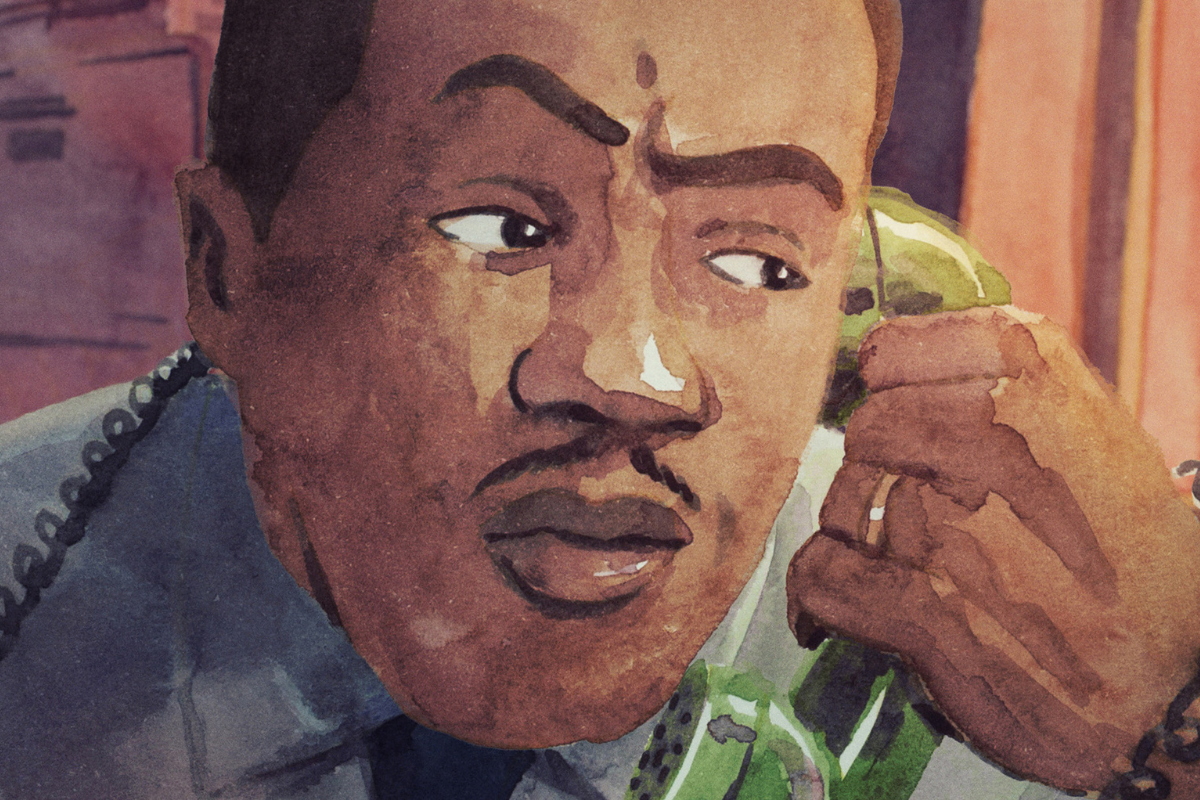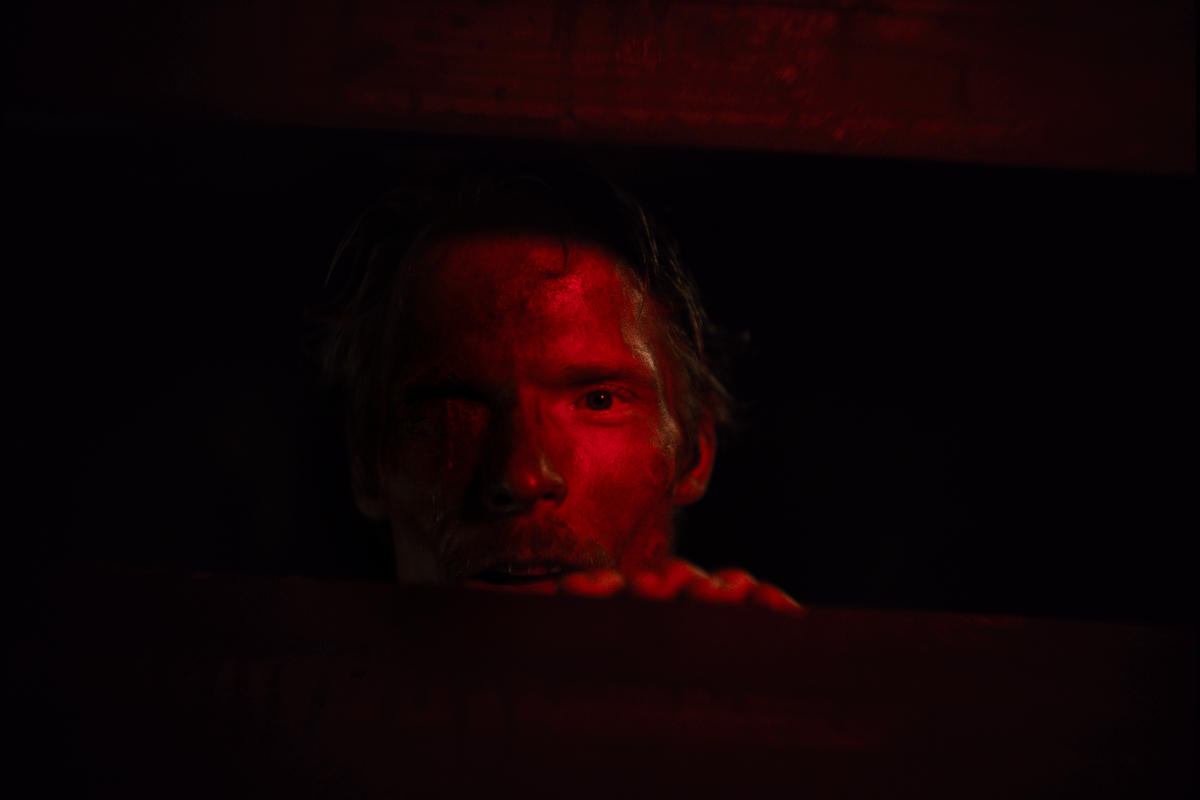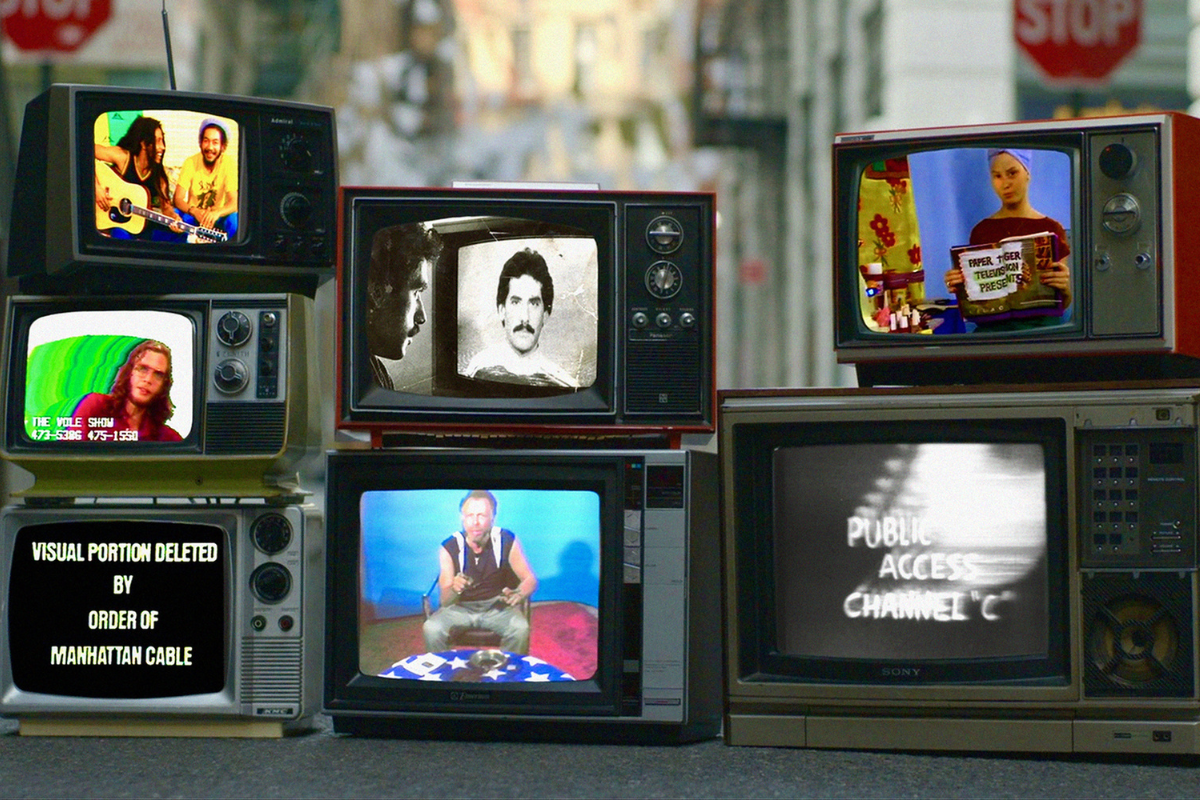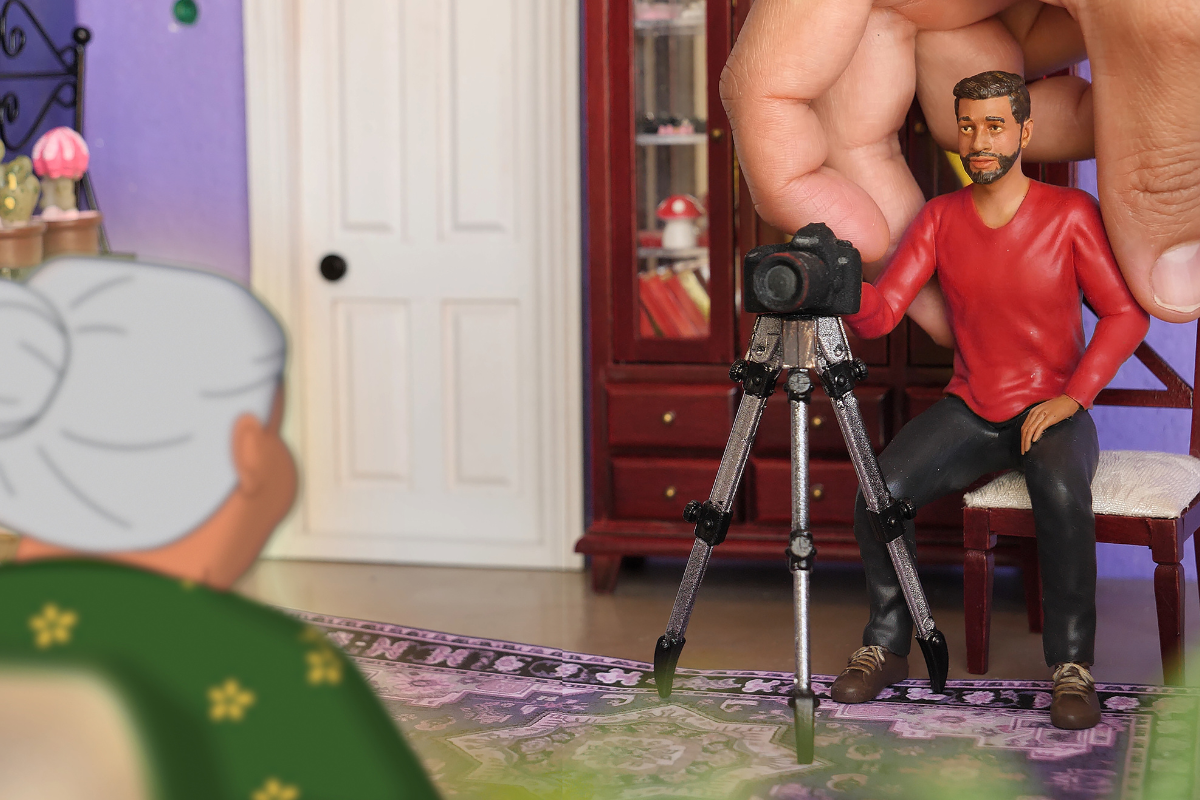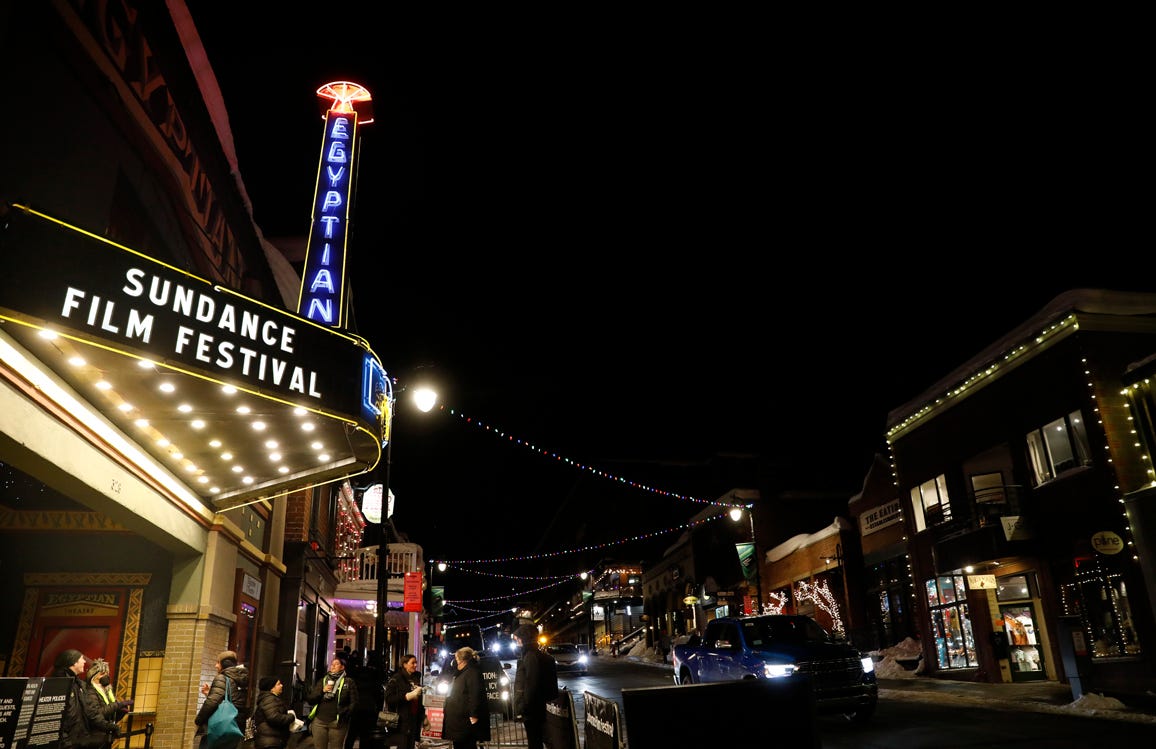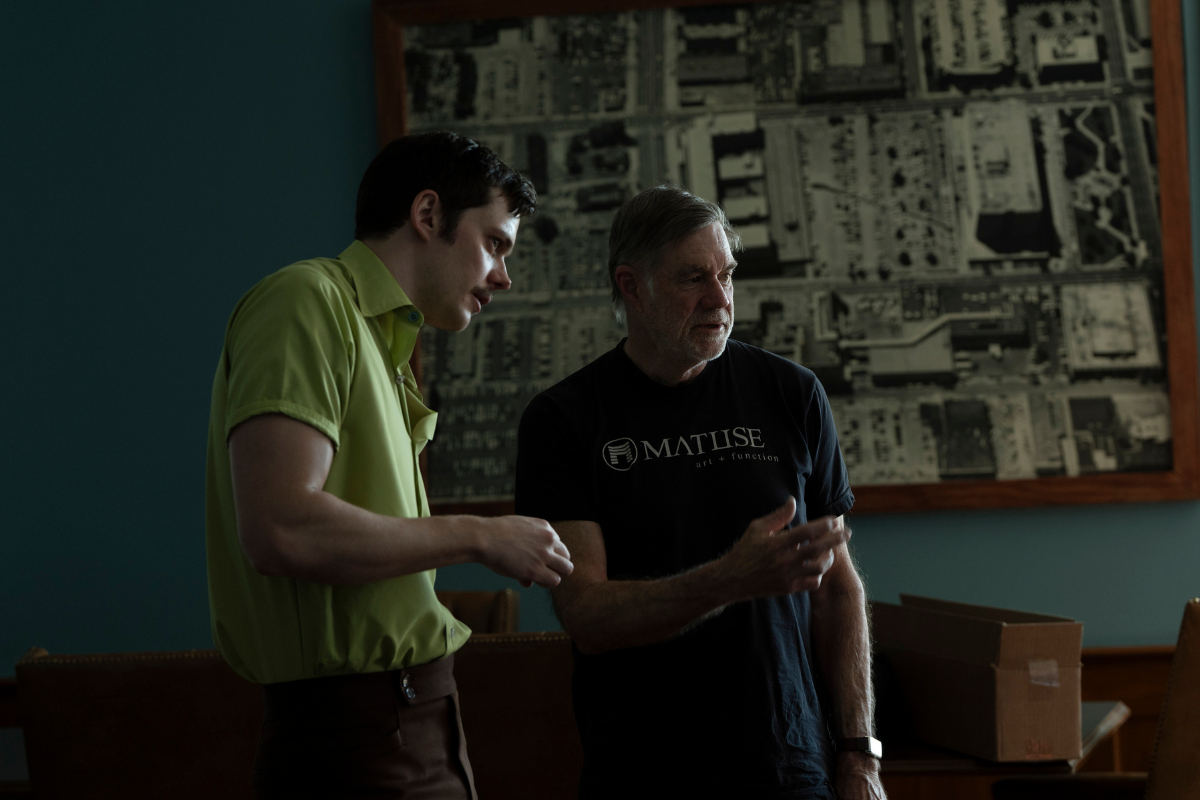Queens Filmmaker Natalie Shmuel Loves the Rewarding Detective Work of an Archival Producer
Watching any good documentary, it’s easy to take the historical footage for granted, but the actual process is far from straightforward.
Watching any good documentary, it’s easy to take the historical footage for granted, but the actual process is far from straightforward. Archival Producer Natalie Shmuel knows firsthand and stringing together a moving narrative reminds her of a cultural icon that we’ve been awed by for the last 40 years.
Citing a colleague, the Queens, NY resident said, “The work is Indiana Jones for nerds.”
No whips, shovels or snarky bravado, her digital digs feel just as adventurous and rivals any dial of destiny on Harrison Ford’s agenda. “It’s the closest I can ever get to time travel,” she said.
Coincidentally, a fissure would set her on the career path. At NYU, Shmuel received an MA in Cinema Studies so she followed through on a professor’s encouragement to take part in a Jesse Owens documentary. This despite her future plans. “I was going for clinical psychology,” Shmuel revealed.
Afterward, no interpretation was needed for this dream. “I didn’t know I had this passion,” she said. “It’s a complete accident, and I fell in love.”
May Pang Reveals a Love Story in 'The Lost Weekend'
Wilhemina's War yielded a credit as a research associate in 2015, and the starting point hasn’t changed. Archives are plentiful and include local, university, government, community based organizations and media outlets.
For instance, if a protest or riot took place in Miami, the city archives or a nearby university may begin her immersion. Not so far off as it seems, frequent flier miles aren't initially a concern because most footage can be accessed remotely.
Even so, the odometer can still run pretty high in terms of the miles of footage so experience matters. “I already know where I should start, and how to move my way around the archives,” said Shmuel.
But there’s plenty of traffic to dodge on the information superhighway and having good relationships with the archivists is crucial. A pretty straightforward endeavor since most love the work and welcome the chance to be part of a film. “Every documentary I’m working on, I’m going back to the same people, and I know everyone for many years,” said Shmuel.
Dead ends are still the name of the game, though, and photographs, newspaper clippings and records hopefully can clear the way. Not so easily digitized, an AP must then show up in real time. No bother, onsite is the place this nerd feels most at home. “That’s where I have the most fun, where I go physically through the archive,” she said.
Of course, the primary goal remains footage and success is more Hansel and Gretel than Dr. Jones. “It’s following a bread crumb trail,” Shmuel revealed. “We try to get as many clues as possible to know where to look.”
Detective work, the best lead is a caption identifying the photographer. From there, she can go in search of the person, and see if they are harboring some long forgotten 8MM.
If not, the archives can give way to other avenues. Community Centers and especially churches can be invaluable. Houses of worship have a deep tie to their flock and ensuing leads can focus the pounding of the pavement. “We have to get creative with how we knock on people’s doors just to have the chance of getting a hit,” Shmuel said.
Authentication is then a must because verifying the imagery is paramount. “The whole film can lose credibility,” she said.
The bottomline is not on loan, though, and costs can pile up. “You have to pay for screeners, sometimes you have to pay for the researcher, and you have to pay for the licensing,” she said. “It’s so much that goes into it. So you have to strategize how you're spending from day one.”
The easiest way around the dollar signs is to start in the public domain. The National Archives and Library of Congress are mostly free and the same goes for Presidential Libraries.
The latter obviously came in handy for her part in the History Channel’s The American Presidency with Bill Clinton and MSNBC’s Obama. As for the private sector, the researcher needs a whole other skill set. “It’s part of the game, you have to be good at negotiating,” the filmmaker assured.
So one approach is to cajole. The AP will try to stress the importance of the film and the possible impact. “A lot of times, we’ll bring down the price,” she said.
But a charming personality can only go so far. “Archival Producers - we have a little bit of a secret community,” Shmuel revealed.
In concert, they reach out to each other before making contact - especially in regards to any large private collection. “You want to have a good sense of what you’re dealing with before you go in,” she said.
Interview with Trailblazing Filmmaker Nina Menkes About Her New Documentary 'Brainwashed: Sex-Camera-Power'
What are their rates, and how amenable are they to working with filmmakers and their budgets. “We strategize,” said Shmuel.
Of course, she can’t get enough of those victory moments when the images come into focus and reveal how the work gives unrepresented people a voice. “It’s addictive,” the Queens College graduate said.
Shmuel cites a find in a film called Resistance at Tule Lake as the most rewarding and unlikely excavation that took place. Referring to the largest WWII internment camp for Japanese Americans, subjects clearly recalled the military weaponry that guarded the facilities.
Unfortunately, no visual evidence could be found, and people had been searching for years. So Shmuel sent up a flare. “Once in a blue moon, I’ll browse eBay or auction sites,” she said
Going once, the personal photographs of a sergeant stationed at the camp were up for auction. “Not only were there photos of people being interrogated and abused but there was also a close up picture of an armory truck with a machine gun on the back,” Shmuel asserted.
A little less dramatic, her current project features Forest Hills Stadium in Queens. This has her in the process of locating footage of the many famous events and concerts that took place in the last 50 years. The Beatles, Jimi Hendrix and all the tennis, she said, “It’s giving appreciation to a place that has so much history.”
Home videos and camera work is mostly the treasure she seeks and any leads here will certainly be accepted. “We are definitely looking for any photographs or video footage of concerts that were held between the 60s and 80s,” she concluded.
Learn more about the craft and business of screenwriting and television writing from our Script University courses!
Rich Monetti was born in the Bronx and grew up in Somers, New York. He went onto study Computer Science and Math at Plattsburgh State. But after about a decade in the field, he discovered that writing was his real passion. He's been a freelancer since 2003 and is always looking for the next story. Rich also dabbles with screenwriting and stays active by playing softball and volleyball.


